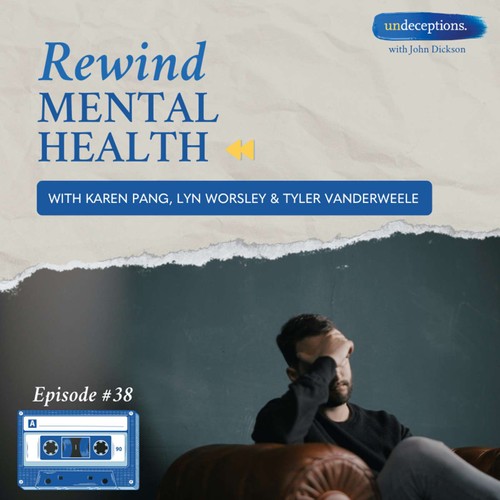
 Undeceptions with John Dickson
Undeceptions with John Dickson REWIND: Mental Health
Sep 2, 2025
Tyler VanderWeele, Professor of Epidemiology at Harvard and Director of the Human Flourishing Program, shares fascinating insights on the connection between religion and mental health. He discusses how church attendance can reduce suicide rates, particularly among women. VanderWeele highlights the protective effects of faith communities against 'deaths of despair' and emphasizes a significant reduction in depression risk linked to regular worship. His research reveals that being part of a religious community fosters happiness and life satisfaction, boosting overall mental wellbeing.
AI Snips
Chapters
Books
Transcript
Episode notes
Biblical Examples Of Suicide
- The Bible records several suicides, including King Saul and Judas, as compact historical examples.
- John Dickson uses these Biblical cases to show the church has long wrestled with suicide's moral and communal implications.
Church Views On Suicide Evolved
- Augustine and later church authorities historically condemned suicide and often denied Christian burial.
- Modern churches, like the Catholic Church, now recognize psychological impairment can reduce moral responsibility and pray for those who died by suicide.
Moral Teaching As A Protective Mechanism
- Tyler VanderWeele suggests religious teachings that call suicide wrong may be a key mechanism reducing suicide risk.
- Regular, powerful teachings on life's value likely help explain the protective effect of weekly service attendance.


